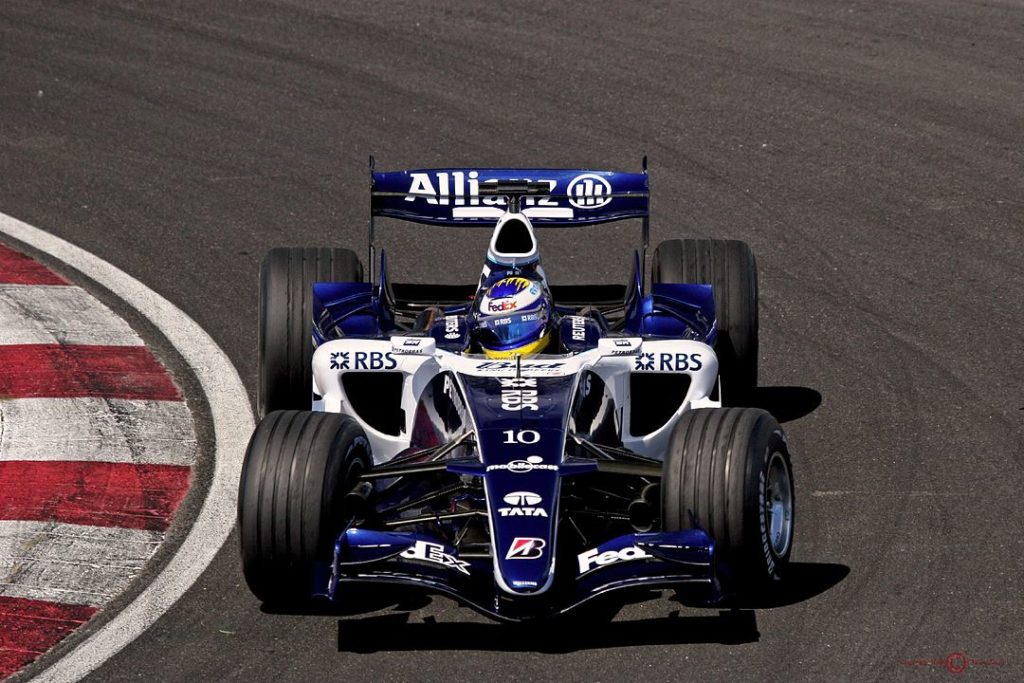Don’t Let It Confuse You! – Stall Posted by Sten on Oct 15, 2020 in Language
In this series, we look at words that exist in English, but have a completely different meaning in German, so-called false friends. But we also look at words that sound or look deceivingly similar. Today, we look at a word that really means something else than you might think – Stall!
For previous posts in this series, click here.
Expectation: Stall just means “stall” or “to stall”!
When you hear “stall”, you might think about the verb, how your friend is stalling on telling you whether he’s coming to have drinks tonight or how your car stalled when just when the light jumped to green at the intersection. You might also think about a small fruits and vegetables stand at the market, or perhaps the pen for an animal. But none of these meanings are what the German word means. Though crazy enough, that least definition comes pretty close!
Reality: der Stall means just a single thing…
The German word der Stall has a single meaning in German: the stable. I mean, it has some more niche meanings, but this is the main meaning. So the English “stalls” are part of the German Stall, you could say. The plural, by the way, is die Ställe.
And while you would expect that the stable mostly refers to farm stables, is is frequently used in words like Rennstall (racing stable, racing team) or Boxstall, which refers to a boxing promotion company.
Here’s what the word sounds like:
Examples of how Stall is used:
Der Rennstall sorge für Aufsehen, als er unerwartet den Sieg davontrug.
The racing team made headlines when it unexpectedly took the win.
Kannst du kurz die Pferde in den Stall bringen?
Could you bring the horses to the stable, please?
Was macht der Boxstall heutzutage eigentlich? Die haben doch seit Jahren keinen Kampf mehr organisiert.
What does that boxing promoter actually do these days? They haven’t organised a fight in years.
Did this word surprise you or confuse you? Are there other words that confused you? Let me know in the comments below!

Build vocabulary, practice pronunciation, and more with Transparent Language Online. Available anytime, anywhere, on any device.





